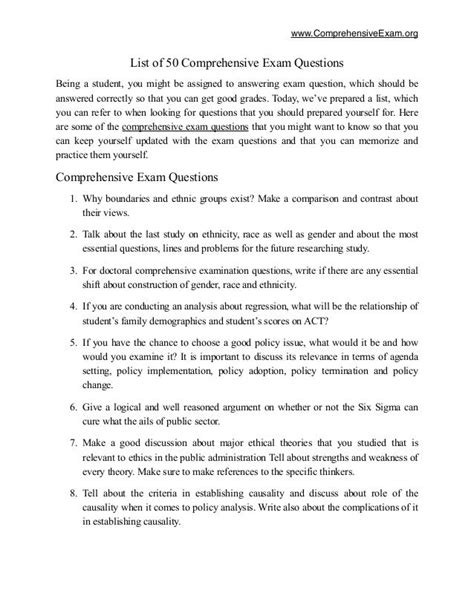The G-60, also known as the Certified Credit Union Executive (CCUE), is a prestigious certification for professionals working in the credit union industry. The exam is offered by the Credit Union National Association (CUNA) and is designed to assess candidates’ knowledge and skills in all aspects of credit union operations.

Pain Points and Motivations
Preparing for the G-60 exam can be a daunting task, especially given the comprehensive nature of the exam. Candidates face several pain points, including:
- The vast amount of material to cover
- The need to balance studying with work and personal commitments
- Limited access to quality study resources
However, there are also significant motivations for pursuing the G-60 certification:
- Enhanced credibility and expertise in the credit union industry
- Improved job prospects and salary potential
- Increased knowledge and understanding of credit union operations
Exam Format and Content
The G-60 exam is a computer-based exam consisting of 200 multiple-choice questions. The exam covers six core domains:
| Domain | Description |
|---|---|
| Legal and Regulatory Environment | Credit union governance, regulations, and compliance |
| Finance and Accounting | Financial statement analysis, risk management, budgeting |
| Strategic Planning and Governance | Strategic planning, risk management, and board governance |
| Operations and Member Services | Member service, product development, and risk management |
| Human Capital Management | Talent management, employee relations, and diversity and inclusion |
| Technology and Innovation | Technology systems, data analytics, and emerging trends |
Tips and Tricks
To increase your chances of passing the G-60 exam, follow these tips and tricks:
- Create a Study Schedule: Dedicate specific times each day or week to studying for the exam.
- Use Study Materials: Utilize CUNA’s study materials, online resources, and practice exams.
- Break Down the Material: Focus on one core domain at a time and break down the material into smaller, manageable chunks.
- Use Flashcards: Create flashcards to help you memorize key concepts and definitions.
- Practice with Mock Exams: Take mock exams to simulate the actual exam experience and identify areas where you need improvement.
- Join a Study Group: Collaborate with other candidates to review material, share insights, and support each other.
- Stay Updated: Keep your knowledge of credit union operations current by reading industry publications and attending webinars.
Exam Questions and Answers
Legal and Regulatory Environment
-
Which federal agency regulates credit unions?
- Answer: National Credit Union Administration (NCUA)
-
What is the primary purpose of the Federal Credit Union Act?
- Answer: To provide a federal charter for credit unions
Finance and Accounting
-
What is the difference between a current asset and a non-current asset?
- Answer: Current assets are liquid and can be converted to cash within one year; non-current assets are not readily convertible to cash within one year.
-
What is the formula for calculating return on assets (ROA)?
- Answer: ROA = Net Income / Average Total Assets
Strategic Planning and Governance
-
What are the key elements of a strategic plan?
- Answer: Mission, vision, values, goals, and objectives
-
What is the role of the board of directors in strategic planning?
- Answer: To oversee the strategic planning process and ensure it aligns with the credit union’s goals and objectives
Operations and Member Services
-
What are the different types of member services offered by credit unions?
- Answer: Checking accounts, savings accounts, loans, mortgages, and investments
-
What is the importance of customer relationship management (CRM) in credit unions?
- Answer: CRM helps credit unions track and manage their interactions with members to provide better and personalized services.
Human Capital Management
-
What are the key components of a talent management strategy?
- Answer: Recruitment, selection, training, and development
-
What is the role of diversity and inclusion in a credit union?
- Answer: Diversity and inclusion promote a work environment that values and respects different perspectives and backgrounds.
Technology and Innovation
-
What are the benefits of using data analytics in credit unions?
- Answer: Data analytics helps credit unions improve decision-making, personalize member experiences, and manage risk.
-
What are the key trends in fintech that are impacting credit unions?
- Answer: Mobile banking, digital payments, and artificial intelligence (AI)
Why the G-60 Exam Matters
Passing the G-60 exam provides numerous benefits for credit union professionals:
- Credibility and Expertise: The G-60 certification demonstrates your comprehensive knowledge and skills in the credit union industry.
- Job Prospects: The certification opens doors to new and more challenging job opportunities, including management and senior leadership roles.
- Salary Potential: Certified credit union professionals can command higher salaries than those without the certification.
- Knowledge and Understanding: The G-60 exam reinforces and expands your knowledge of credit union operations, enabling you to make more informed decisions.
Conclusion
The G-60 exam is a rigorous assessment that tests candidates’ knowledge and skills in all aspects of credit union operations. By following the tips and tricks outlined in this article, you can increase your chances of passing the exam and enhancing your career in the credit union industry.
Innovation in Credit Unions: A New Word
MemConnect: A groundbreaking platform that connects credit union members with each other based on common interests, financial needs, and life stage. It fosters community engagement, promotes financial literacy, and leads to new opportunities for growth and collaboration within the credit union ecosystem.
